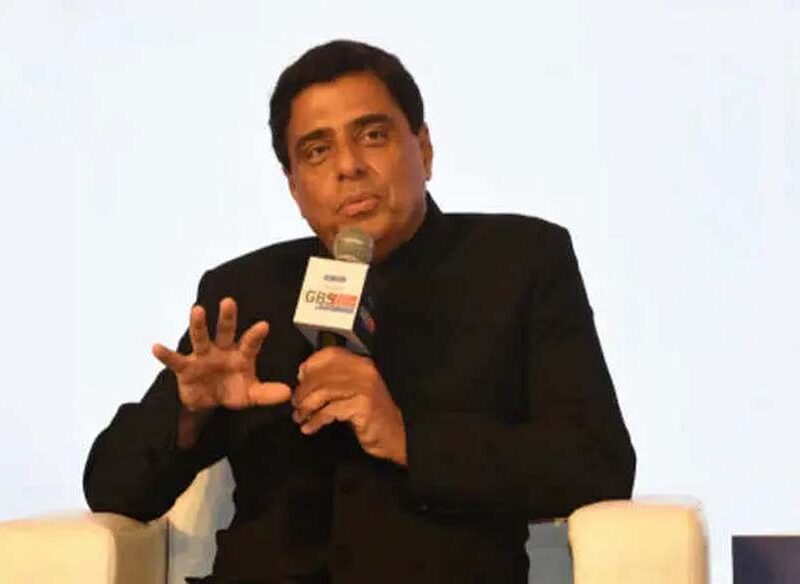In response to India’s new Information Technology (IT) regulations concerning user traceability, WhatsApp has taken legal action by filing a complaint in the Delhi High Court. The messaging platform’s move is aimed at halting the enforcement of the regulations, which are slated to take effect on Wednesday. These regulations allegedly require WhatsApp, owned by Facebook, to compromise the encryption or privacy protection of its users.
Legal Action by WhatsApp
According to reports, WhatsApp’s complaint seeks intervention from the Delhi High Court to declare one of the new rules unconstitutional, as it infringes upon the right to privacy guaranteed by India’s constitution. The contentious rule mandates social media companies to identify the “first originator of the information” upon request from authorities.
The Information Technology (Intermediary Guidelines and Digital Media Ethics Code) Rules, 2021, unveiled by the Indian government on February 25, 2021, aim to regulate social media platforms by imposing ethical standards and establishing a three-tier grievance redressal framework. Among these rules, one grants authorities the authority to compel companies to disclose the identities of individuals accused of wrongdoing on their platforms. However, WhatsApp contends that complying with this requirement would be practically infeasible without compromising user privacy.
WhatsApp’s Concerns
WhatsApp’s resistance stems from its end-to-end encryption feature, which ensures that message sender details and content remain untraceable to safeguard user privacy. The company argues that identifying the originator of a message would necessitate breaking encryption for both senders and recipients, contradicting WhatsApp’s commitment to providing a secure platform that respects individual privacy.
In a statement to Business Insider, WhatsApp emphasized its opposition to measures that would compromise user privacy, likening the requirement to “trace” chats to storing a fingerprint of every message, which violates the principle of end-to-end encryption.
Escalating Tension
The introduction of the new laws has heightened tensions between the Indian government, led by the Bharatiya Janata Party (BJP), and tech giants. Concerns have been raised over the tight timeline provided for compliance with the regulations, as well as the ambiguity surrounding certain provisions.
India represents a significant market for these companies, but recent events have underscored the friction between the government and social media platforms. Instances of government pressure on platforms like Twitter have emerged, particularly following the labeling of posts by BJP members as “manipulated media.” Moreover, there have been efforts to suppress dissenting voices on social media platforms, raising questions about freedom of expression and government accountability.



















